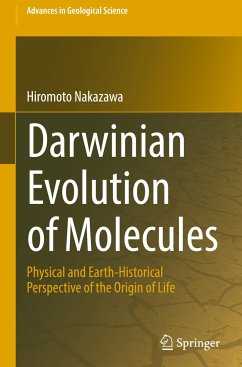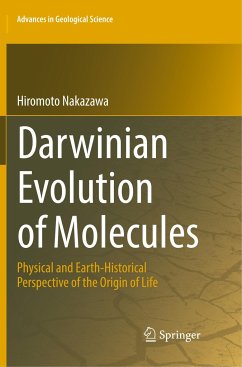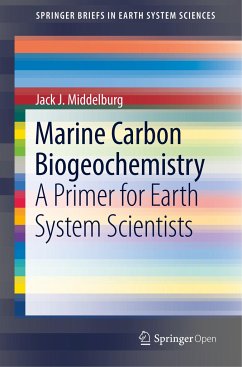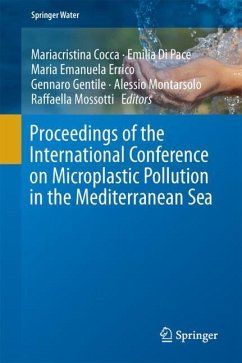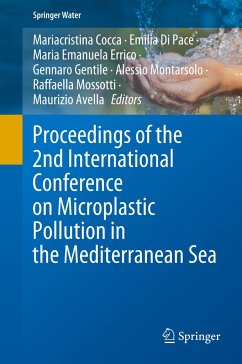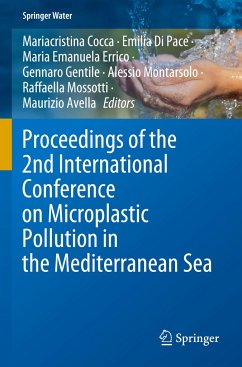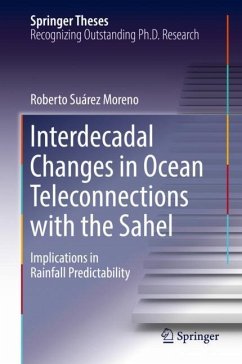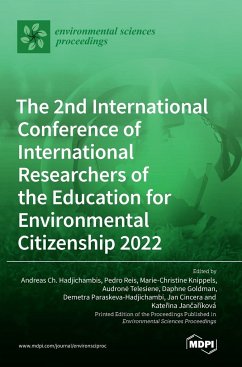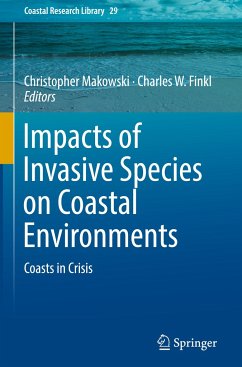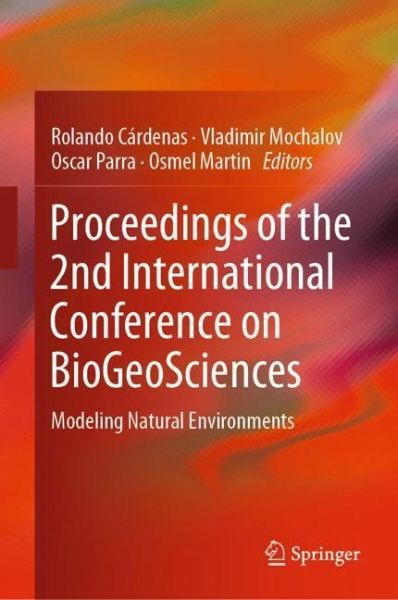
Proceedings of the 2nd International Conference on BioGeoSciences
Modeling Natural Environments
Herausgegeben: Cárdenas, Rolando; Mochalov, Vladimir; Parra, Oscar; Martin, Osmel

PAYBACK Punkte
57 °P sammeln!
This book features a selection of works presented in the 2nd International Conference on BioGeoSciences in a unified framework. First, it describes several theoretical tools for the mathematical modelling of natural processes and environments, such as Quantitative Habitability Theory, dynamical systems and artificial intelligence. It then outlines applications to the broad and multifaceted area of the natural sciences and environmental engineering. This highly interdisciplinary book includes case studies with a wide range of spatio-temporal scales: from ecosystem- to astrobiological-cosmologic...
This book features a selection of works presented in the 2nd International Conference on BioGeoSciences in a unified framework. First, it describes several theoretical tools for the mathematical modelling of natural processes and environments, such as Quantitative Habitability Theory, dynamical systems and artificial intelligence. It then outlines applications to the broad and multifaceted area of the natural sciences and environmental engineering. This highly interdisciplinary book includes case studies with a wide range of spatio-temporal scales: from ecosystem- to astrobiological-cosmological scales.



